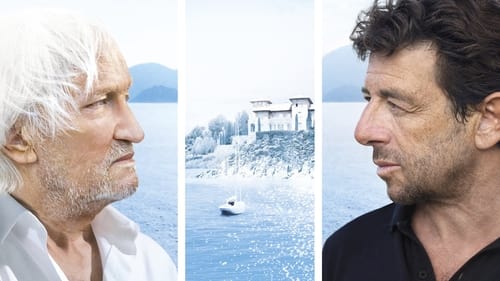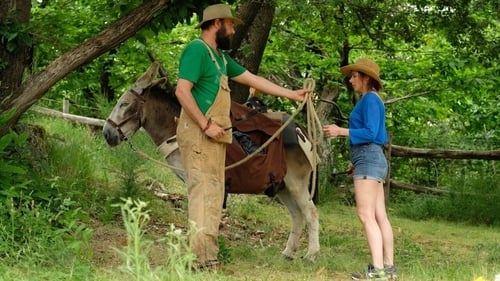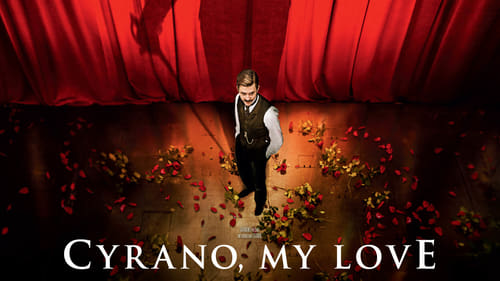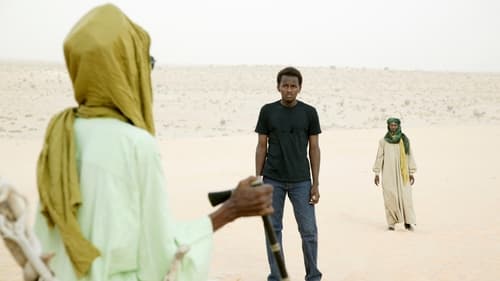
Dialogue Editor
The Feral family plan to look normal and friendly as they move into a new neighborhood. Their son, Philemon gets closer to his new neighbor, Camila and his thirst for blood grows thus his difference becomes impossible to hide.

Dialogue Editor
Famous lawyer, Luc Germon adds Gilles Fontaine, one of the most powerful bosses in France, to his clients. He is suspected of having acquired a magnificent property, Villa Caprice, under questionable conditions.

Dialogue Editor
Antoinette, a school teacher, is looking forward to her long planned summer holidays with her secret lover Vladimir, the father of one of her pupils. When learning that Vladimir cannot come because his wife organized a surprise trekking holiday in the Cévennes National Park with their daughter and a donkey to carry their load, Antoinette decides to follow their track, by herself, with Patrick, a protective donkey.

Sound Editor
Paris, France, December 1897. The young playwright Edmond Rostand feels like a failure. Inspiration has abandoned him. Married and father of two children, desperate and penniless, he persuades the great actor Constant Coquelin to perform the main role in his new play. But there is a problem: Coquelin wants to premiere it at Christmas and Edmond has not written a single word.

Dialogue Editor
A stroke-afflicted filmmaker is manipulated by a notorious con man.

Sound

Sound Editor
Chad, 2006. After a forty-year civil war, the radio announces the government has just amnestied the war criminals. Outraged by the news, Gumar Abatcha orders his grandson Atim, a sixteen-year-old youth, to trace the man who killed his father and to execute him. Atim obeys him and, armed with his father's own gun, he goes in search of Nassara, the man who made him an orphan. It does not take long before he finds him. Nassara, who now goes straight, is married, goes to the mosque and owns a small bakery. After some hesitation Atim offers him his services as an apprentice. He is hired then it will be easy for him to gun down the murderer of his father. At least, that is what he thinks...

Sound Editor
The film consists largely of a series of interviews with female filmmakers from several different countries and filmmaking eras. Some, such as Agnès Varda and Catherine Breillat (both from France), have been making films for decades in a conscious effort to provide an alternative to the male filmmaking model; others, such as Moufida Tlatli (Tunisia) and Carine Adler (England), are relative newcomers to directing, and their approaches seem more personal and less political. The film as a whole manages to cover some important topics in the feminist debate about film -- how does one construct a female gaze, how can one film nude bodies without objectifying the actors (of either sex), what constitutes a strong female role -- while also making it clear that “women’s film” comprises as many different approaches to filmmaking as there are female filmmakers.

Dialogue Editor





